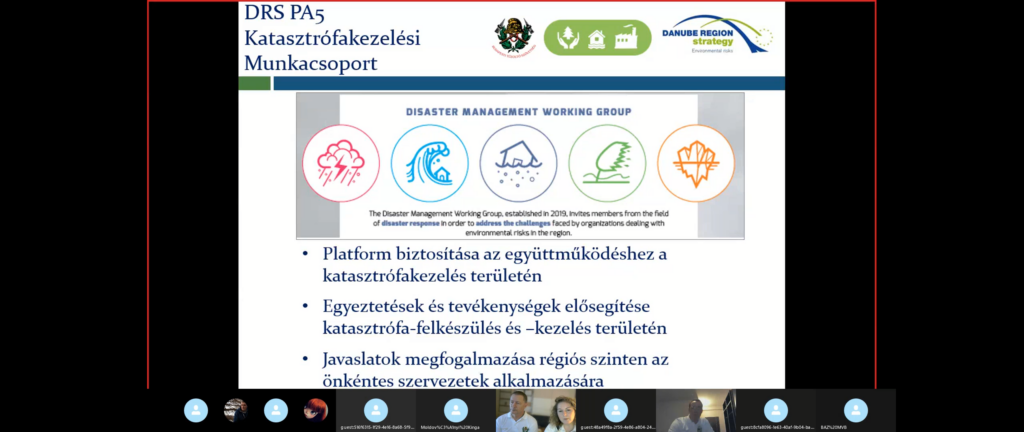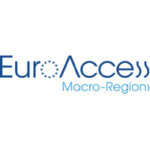As this rather unusual year coming to an end, some of the disaster management related projects organized their events. While they were held remotely, the number of participants and their active participation showed that some topics cannot wait to be discussed until we can meet personally. While arranging and moderating online workshops posed challenges for the moderators, they still resulted in fruitful discussions and tangible outcomes.
The DAREnet project and EUSDR PA5 Disaster Management Working Group jointly organized the 2nd Annual Practitioners Forum (https://www.practitionerforum.eu/) on 24th Nov and 2nd Dec with the aim to align efforts to foster collaboration in the field of flood resilience in the Danube Region. The thematic focus of the workshop was on the subject of “training” in the context of flood risk management and it comprised of two parts:
PART 1: Presentations and break-out sessions (24th November 2020) aimed to facilitate discussions about challenges, needs and solutions in the field of training.
PART 2: Panel discussion (2nd December 2020) aimed to facilitate panel discussion on policy-level about how the challenges, gaps and needs that were identified in the first part could be addressed. The panellists comprised of representatives from DG ECHO, DG HOME, DG REGIO, Danube Transnational Programme and EUSDR PA5 Disaster Management Working Group.

Both parts were attended by more than 50 persons of all countries of the Danube River Region, representing first responder organisations, academia, industry, and public authorities.

Based on the outcomes of the 2nd Annual Practitioner Forum, DAREnet and EUSDR PA5 have jointly prepared a result paper. The facilitated discussion with responder organisations, academia, industry, public authorities, and policymakers was regarded as highly beneficial, and it has been agreed to continue the dialogue in the future – and even to extend it to additional stakeholders. In this respect, DAREnet and EUSDR PA5 will continue their successful cooperation to facilitate professional exchange, share best practices, aiming at improving flood resilience in the future. The result paper can be downloaded from here or from the event website.
The PREP-R project, funded by the West-Balkan Green Centre, started its implementation during the summer of 2020 and the Grant Agreement was signed at the end of October 2020. The main aim of the project is to develop a sustainable knowledge-sharing system to strengthen the preparedness activities related to climate change related risks in Western-Balkan region.

The first technical event was held online with the objectives to provide platform for expert discussions, to present the training plan, the training tools (e-learning, trailers with professional equipment) and to introduce the EUSDR PA5.

The target group of the project were represented by firefighters from Serbia and Bosnia and Hercegovina. The event provided basis for the upcoming period of developing the e-learning material according to the needs of the first responders.
The RISKHUB Slovakian-Hungarian INTERREG project started on 1st Nov 2020 and the Grant Agreement was signed in December. While the national contributions (co-financing agreements) are still being arranged, the partners started the implementation by organizing the kick-off meeting. It was organized online on 11st Dec with the participation of all 6 beneficiaries and the lead partner.

The Hungarian firefighter associations and the Slovakian municipalities joined forces to with the focus on improving preparedness and interoperability for climate change related risks, such as wildfires and flash floods. The kick-off meeting had the objectives of reviewing the project workpackages, introducing EUSDR PA5, planned activities and communication channels, discussing expenditure basics and technical questions.
All events were concluded with a hope to continue the work in the New Year with less online and more opportunities for personal meeting and events, as disasters occur regardless of pandemics. Therefore, preparedness activities should continue without interruptions but with special protocols and procedures being developed and implemented.





